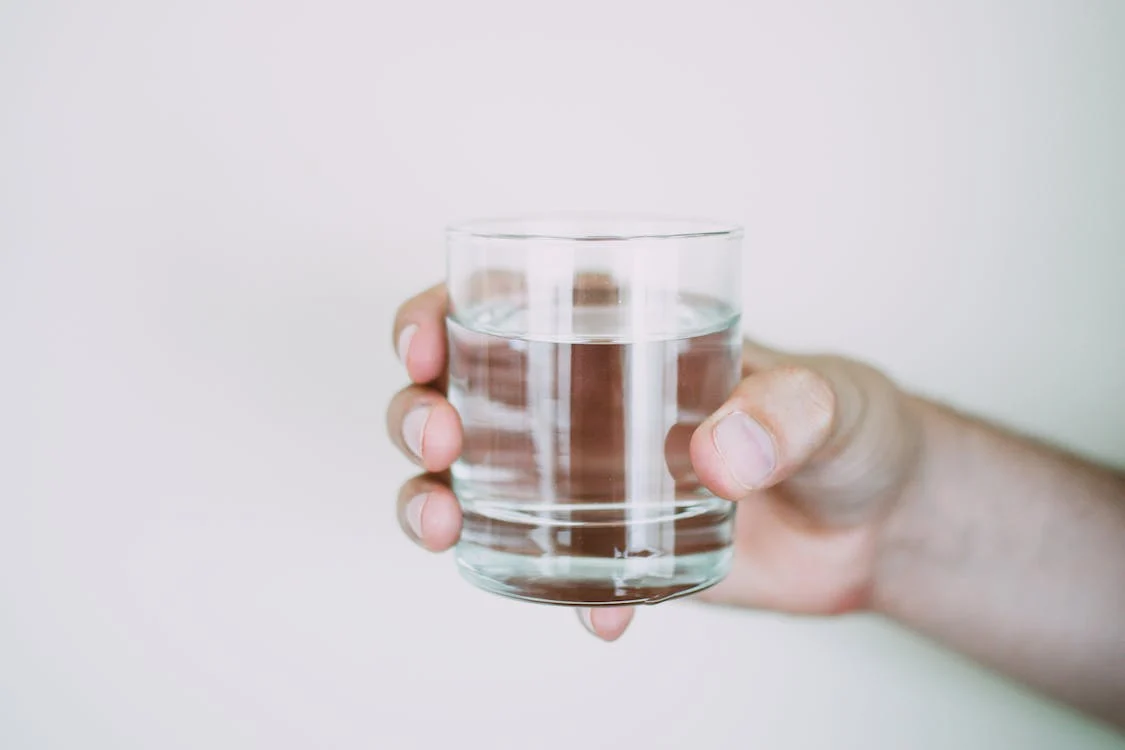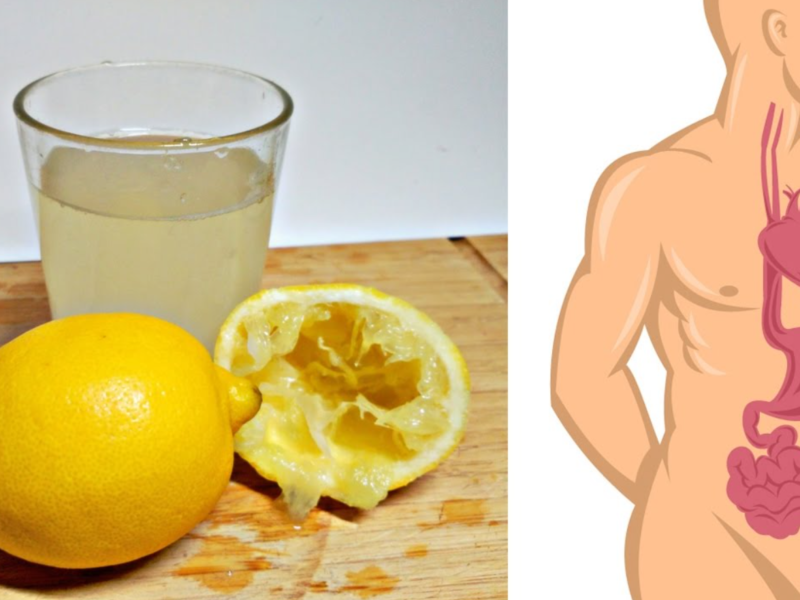There is no life without water! Although we all know this, practise demonstrates that a huge number of people are continually dealing with the consequences of body dehydration! According to a 1945 study by Mitchell and his team, the lungs contain approximately 83% water, the skin 64%, the kidneys 79%, the brain and the heart approximately 73%, and even bones comprise approximately 31%. As a result, maintaining the proper fluid balance in the body is essential for all metabolic activities, including the function of the cardiovascular system, the brain, and so on.
What is hydration and why is it important?
Hydration of the body refers to the regular entry of water into the body, as well as its absorption and distribution in all tissues and organs where it is required for the proper execution of metabolic processes and organ functions.
How does the lack of fluids in the body affect?
According to the renowned Mayo Clinic in the United States, the following are the most common causes of bodily dehydration:
- the existence of fever and increased temperature during illness,
- acute diarrhea or vomiting,
- excessive sweating or urination in high temperatures and hot weather, exercise or some health conditions.
Find out more about: PREVENT ANGER ATTACKS THE NATURAL WAY: Super Relaxation Tricks
Symptoms of dehydration can range from minor and subtle to serious, including life-threatening conditions. They can be manifested by the usual feeling of thirst, dryness of the mouth and tongue, insufficient urine as well as a darker color of urine. But if the dehydration is greater, then there are signs such as marked dryness of the skin, sunken eyes, feeling tired, feeling sick, and even dizziness, changes (decrease) in blood pressure, muscle spasms and impaired function of the body’s cardiovascular and nervous system (seizures), which can be very dangerous. Such more serious symptoms occur primarily due to an imbalance and decrease in the levels of electrolytes in the body that are crucial for the proper transmission of signals and work of both the heart and the nervous system as a whole.
What are the benefits of proper hydration?
Ensuring sufficient fluids for all metabolic processes brings a range of health benefits. For example:
- When the body is hydrated, the blood is more diluted, which means that the circulation itself is better and the blood flows more easily, which helps in the prevention of blood clots.
- The moisture in the skin helps to lift, smooth and smooth its surface and give it the desired fresh, well-groomed appearance.
- The regular intake of liquid and its elimination through the urine enables mechanical washing of the bladder and the channels of the urinary system, which prevents the retention of pathogenic bacteria and the development of urinary infections, while good hydration helps to empty the intestines in time and prevent the occurrence of constipation.
- By maintaining the moisture of the mucous membranes – mucous membranes in the oral cavity, nose, throat, pharynx and down the bronchi, their function and good immunity is maintained, as the development of respiratory tract infections is prevented.
- Maintaining a balance of fluids in the body is important both for the cognitive functions of the brain and for the optimal function of all organs in the body as a whole.
However, while it may seem counterintuitive, consuming alcohol or coffee will help the body expel water and dry us faster, rather than hydrating us. This is especially crucial during the hot summer months, when these drinks are highly popular on the beach and, when paired with the hot weather, will only contribute to our dehydration. Finally, don’t wait until you get dehydration symptoms because it will be too late.
After reading this text you can also read about: Here’s What Just One Teaspoon Of Flaxseed A Day Can Do For Your Body



